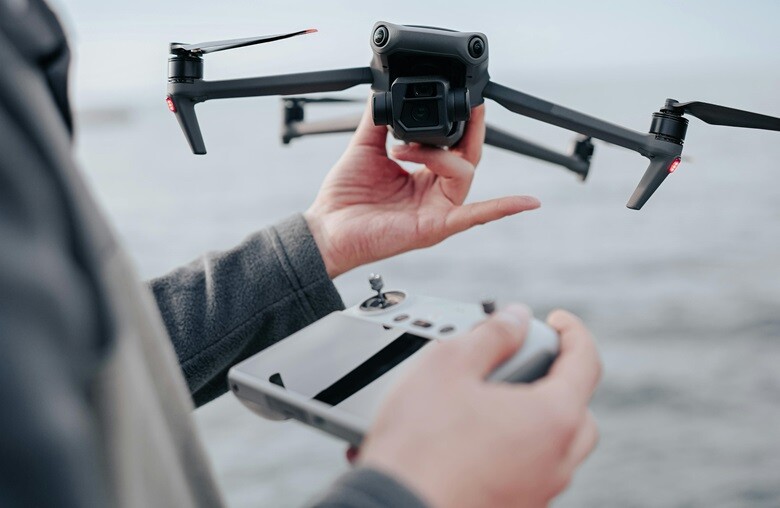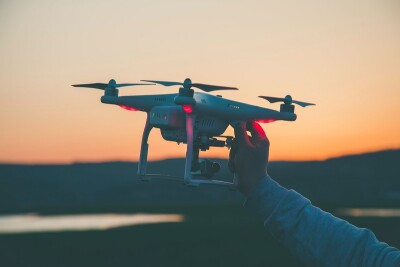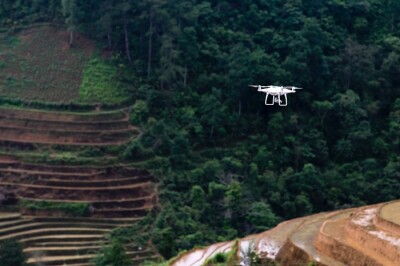For this week’s round-up of commercial drone industry news, we look at a recent surge in US drone industry investment, how UAVs are aiding disaster recovery work in Japan, and the launch of a flight corridor to test drones in Michigan.
Investments in the US Drone Industry on the Rise
Dronelife reports that investments in the US drone industry have been on the rise from May through July of this year. The publication noted that Firestorm Labs received $47 million in Series A funding “intended to accelerate domestic, modular drone production for federal contracts,” Quantum Systems “completed a €160 million Series C round in May 2025, and Unusual Machines saw its stock price jump 40% “following announcements of expanded Pentagon procurement budgets and relaxed purchasing rules.” Driving the rise, Dronelife said, has been “as a series of legislative measures and executive directives reshape the procurement and manufacturing environment for both established and emerging drone companies.”
Japan Reports High UAV Use at Disaster Sites
Findings from a Kyodo News survey, presented in Science Japan, show that “around 80 percent of Japan's 47 prefectures and 20 major cities have used drones at disaster sites … underscoring growing recognition of unmanned aircraft as an effective disaster response tool.” Conducted between May and June, the survey found that “50 local governments used their own drones at disaster sites” and “13 also deployed unmanned aerial vehicles provided by external organizations.” The study found that “drones were used in a wide range of disasters, including earthquakes, river floods, landslides, tornadoes, undersea volcanic eruptions and avalanches,” largely to assess situations through aerial photography and data collection.”
Flight Corridor for Drone Tests in Michigan
The Droning Company reports on the creation of a dedicated flight corridor for testing drones and electric aircraft in Michigan. The company says that the 40-mile “research skyway” will “link the University of Michigan’s one-of-a-kind autonomy research and proving ground facilities in Ann Arbor to Michigan Central’s real-world, urban testbed and innovation district in Detroit.” The project is part of M-Air, “a new public-private partnership U-M is launching for advanced air mobility.” According to the report, “The state of Michigan is providing $1 million in anchor support for M-Air as part of a broader advanced air mobility initiative.”















Comments